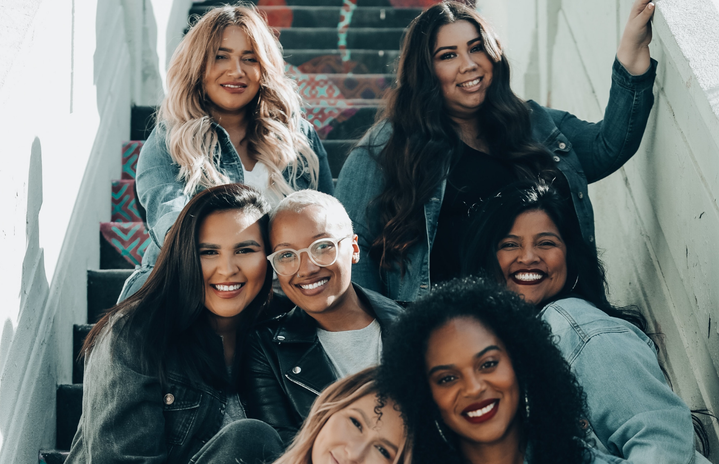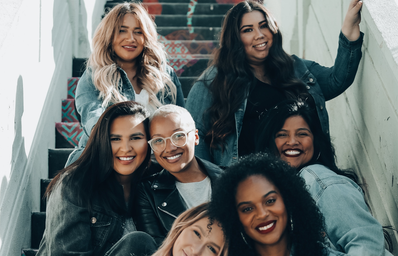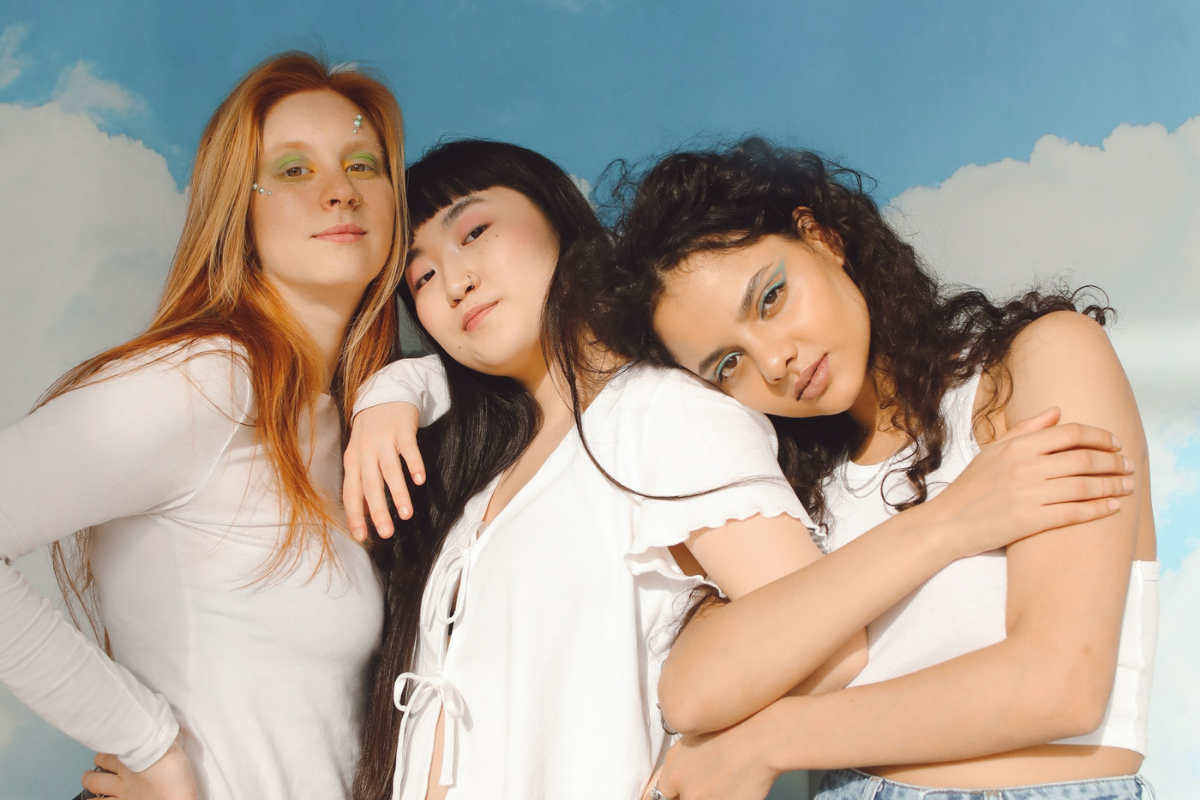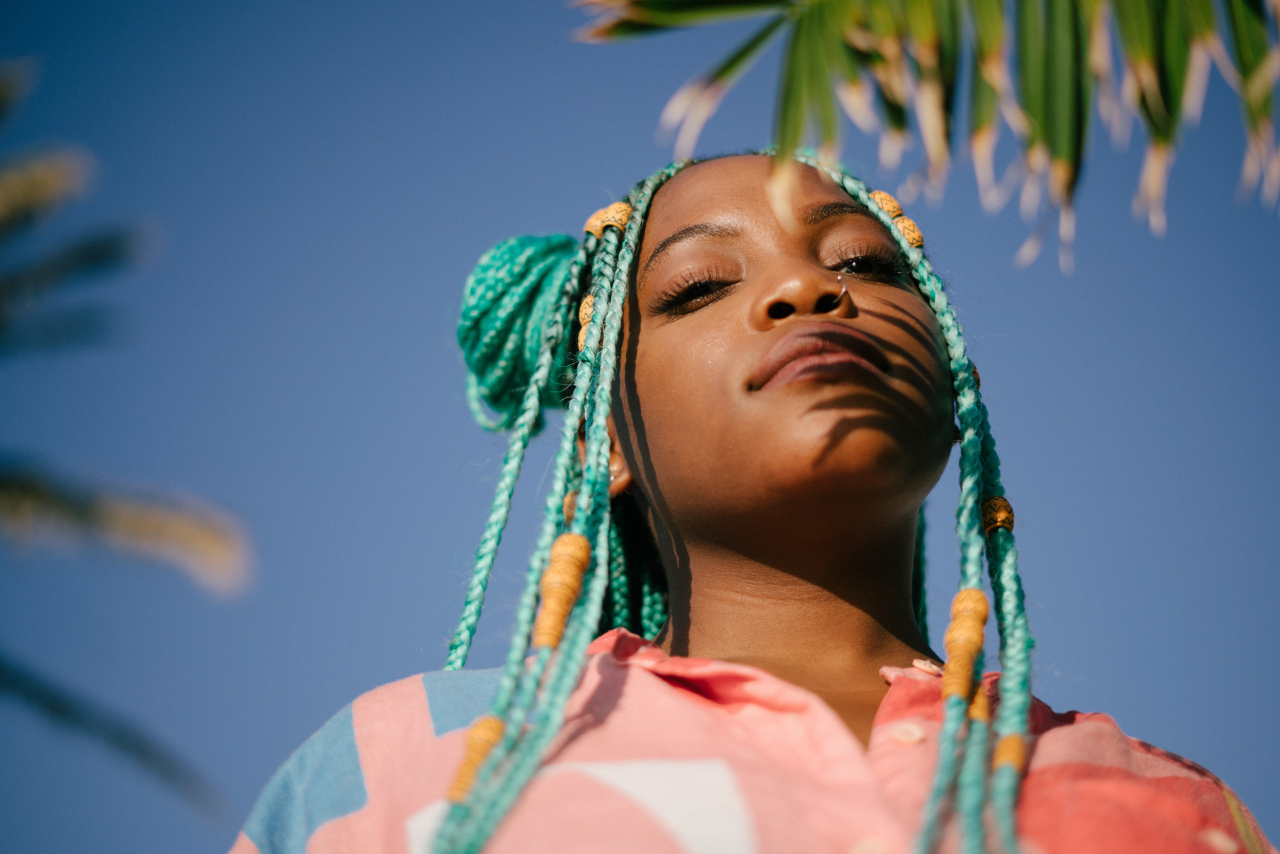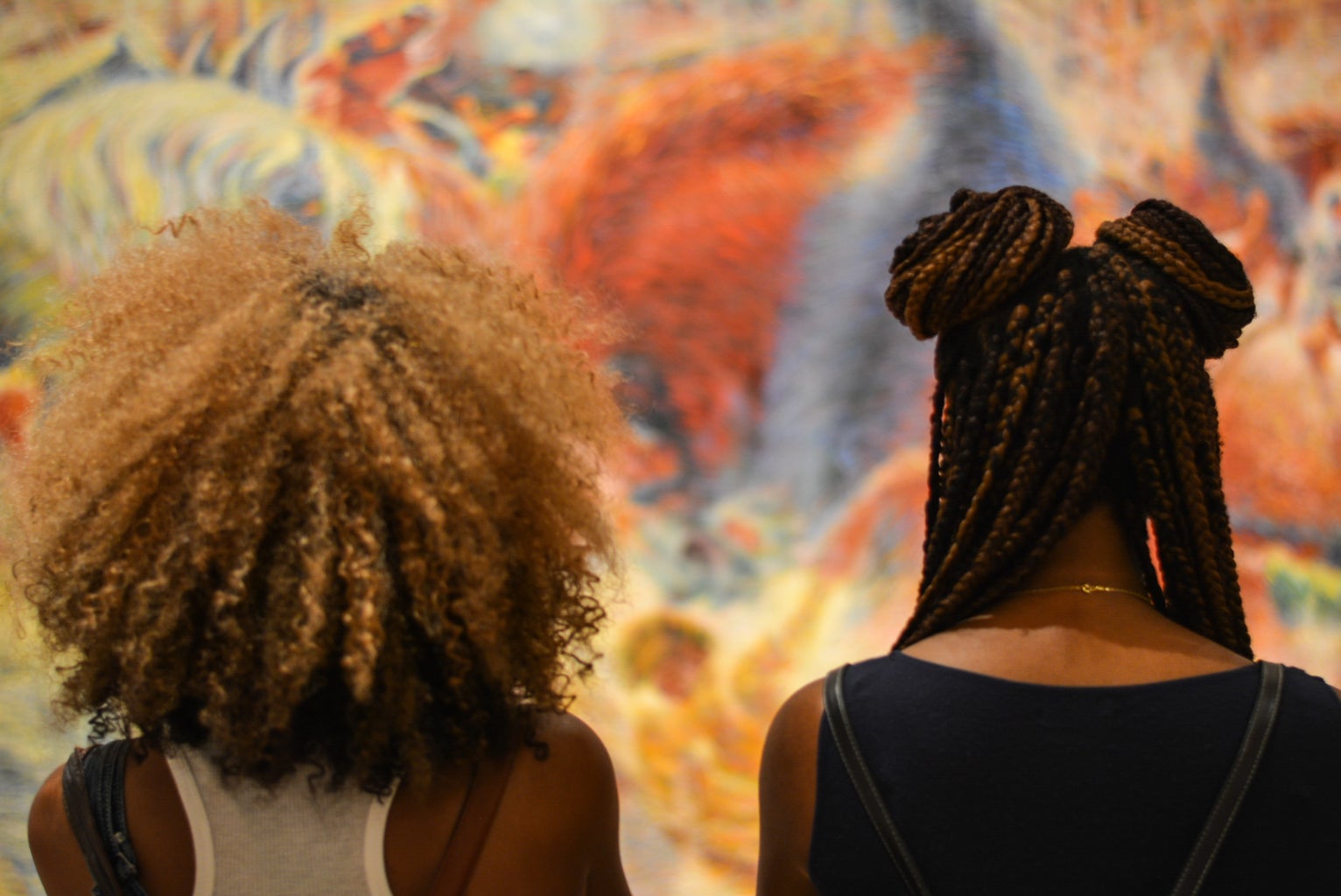I never thought my hair was important. Growing up, I was always told that it’s just hair — if something goes wrong, it will grow back.
Because of that reasoning, I’ve done some crazy things to my hair. I’ve dyed it any color you can think of: red, yellow, orange, purple, magenta, blue, pink, brown, and more. I’ve grown it out, had — and still have — a fringe, cut all my hair off, shaved part of my hair and so many more. All the while, I thought: hair is hair, it’ll grow back.
However, I’ve come to realize that my hair is a strong part of my identity — and this goes for so many others in the world.
When my foster sister first cut her hair, she bawled. Her hair went from being past her butt in length to her waist, and I didn’t understand. Her hair looked healthier and beautiful, but she hated it. I didn’t come to the realization of why she cried until much later.
My own crisis was when I was 15. I went in to have my pixie cut styled and cut again, since it was getting long. However, I went to a different hairstylist. I showed him what I wanted, and he made sure it’d be fine. Besides, he had cut my hair two years before — how badly could it end up being?
The next thing I knew, he took a razor to my head and shaved more hair than I was anticipating. Looking back, it wasn’t that short — I was simply scared of what the people at the predominantly Catholic private school would think, especially since they already thought I was strange.
While it’s still one of the best pixie cuts I could’ve ever gotten, I left the salon and walked around outside for 15 minutes. All the while, I was trying not to cry over a haircut.
Flash forward to two years later, I had an existential crisis and chopped all my hair off again a la Audrey Hepburn. Let’s just say, after that, my mom refused to let me see a stylist without making sure my emotions were in check.
Then, at 18, a friend of mine told me she cried after having her hair cut to her shoulders. In her defense, it was choppy — but she still looked beautiful. However, I began realizing how much hair is tied to how people — particularly women — see themselves.
I’ve spent the past four years trying to salvage my hair again after years of damage and cheap box dye. Currently, I’ve been trapped into keeping my hair the same because, with graduation and grad school around the corner, my family has all agreed that I need to have a resemblance to normal hair. So, as I let it grow out, I’ve begun noticing how much my hair has been tied to my identity — and how it’s that way for so many others.
Throughout history, hair has always been culturally significant. For example, cornrows were used by enslaved peoples as an act of rebellion and to send messages to one another. Cornrows were used to help Black enslaved people express their desire to escape, as well as show a map of the plantation in order to find escape routes.
Similarly, the queue for Chinese men was met with great rebellion. This hairstyle included a long braid in the back, with the front shaved every ten days. Han Chinese men actively refused to cut the front of their hair during the Qing Dynasty, often citing Confucius as their reason to not shave their hair. However, this protest led to the execution of any man who refused to follow the order. The downfall of this was that, when Chinese immigrants came to Europe and the United States, they still kept the hairstyle to avoid punishment from the Chinese government, and this led to harmful stereotypes.
Lastly, you have the mohawk. While punk culture has raised the popularity of the hairstyle in recent years, it has its origins in the Native Indigenous Pawnee people and the Iroquois people. This hairstyle, which comes from plucking the hair off the sides and leaving a square patch, was a sign of the young warriors who were protecting their tribes. Ultimately, it’s a sign of bravery and strength — something we can’t forget.
When I think about these styles — and many, many more — I realize how our hair has been tied to our culture and identity for centuries.
Our hair can signify how we see ourselves amongst others. It can symbolize our political stance, our gender, and sexual identities, our religion, and our social class — our hair is a defining feature of who we are.
For me, my hair will forever be tied to how I view myself. While I will hold the sentiment that hair will grow back, I will also hold that my hair is more than hair — it’s an indicator of how I’m seen by myself and others.
So, maybe this means nothing to you. Maybe you’ll read this article and never think about it again, only briefly thinking about the depths your hair holds.
However, I will still be here. Pondering if I should cut my hair, and the power that might hold onto who I am.
